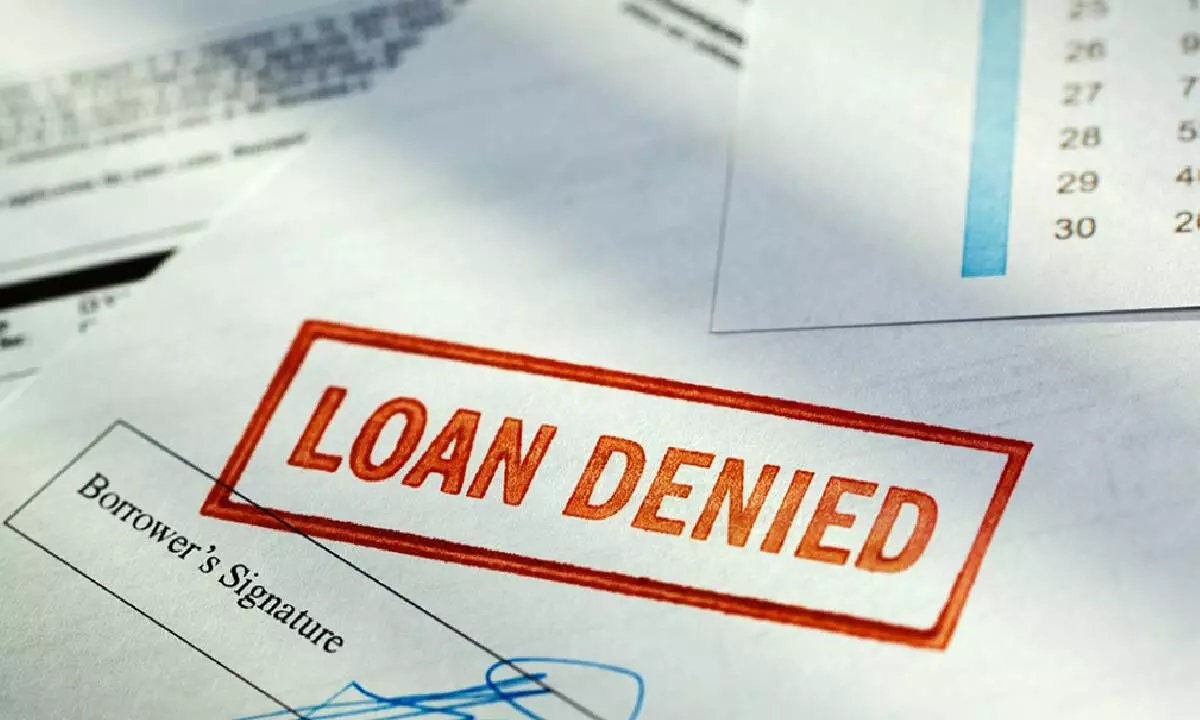How to avoid personal loan rejection?
This article highlights some reasons behind loan application rejections, aiming to guide individuals in avoiding these mistakes and securing personal loans with ease
image for illustrative purpose

Personal loans have become one of the preferred options when it comes to loans. Because, it has no end-use restrictions and does not demand any mortgage. Due to these reasons, a significant number of people apply for personal loans. However, many face rejection. This article highlights some reasons behind loan application rejections, aiming to guide individuals in avoiding these mistakes and securing personal loans with ease.
Low credit score
When you apply for a personal loan, the banks first check your credit score. Most banks prefer lending to individuals with a credit score of 750 or above. A higher credit score indicates good credit history and lower risk for the lender, and giving personal loans to people with a low credit score is considered riskier. Some banks and NBFCs have even started offering loans at low interest rates to those with a good credit score. Therefore, checking your credit score before applying for a loan is crucial, and take necessary steps if it is not satisfactory.
Multiple loan applications in a short time
While applying for a personal loan, people often make the common mistake of submitting applications to multiple banks and NBFCs simultaneously. This negatively affects their credit score. Whenever you apply for a loan or a credit card, banks request your credit report from a Credit Bureau. This is known as a hard inquiry, which hits your credit score each time. Multiple hard inquiries in a short period can lead to a significant drop in your credit score. Banks might interpret frequent hard inquiries as a sign that you are credit hungry, which can have a detrimental impact on your credit profile and lead to loan application rejection.
Repayment capacity
Banks prefer lending to individuals who allocate around 50-55 per cent of their income towards the total EMIs (including the current loan and the one being applied for). If you are already repaying a loan and the cumulative EMI of the proposed loan along with existing EMIs exceeds the above ratio, your loan application might be rejected. In such cases, you can either prepay your existing loan or choose a longer tenure for the new loan to reduce the monthly EMI. However, opting for a longer tenure will increase the total cost of interest.
Employment record
Your employment record, from job profile to employer and your total number of work experience, is considered by lenders while evaluating your loan application. Lenders want to ensure that the applicant has a stable employment record. Frequent job changes indicate instability, which is perceived as a risk by lenders. Therefore, if you are planning to apply for a personal loan, it's advisable not to switch jobs frequently.
(The author is Business Head, Unsecured Loans at Paisabazaar)

